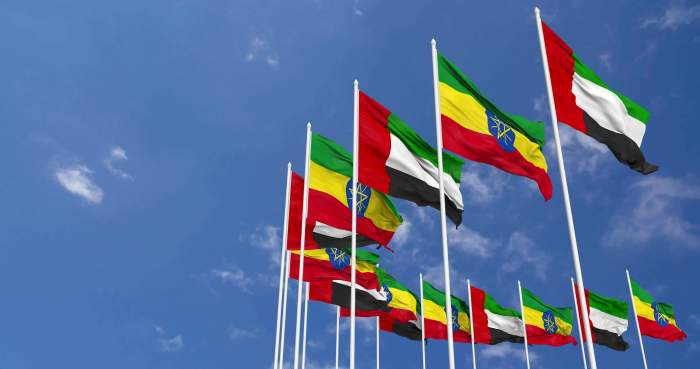[
Ethiopia Signs Currency Swap Agreement with UAE to Alleviate Foreign Exchange Shortage
In the face of a significant foreign exchange shortage, Ethiopia has taken a major step towards addressing its economic challenges by signing a currency swap agreement with the United Arab Emirates (UAE). The agreement, valued at 3 billion Emirati dirhams and 46 billion Ethiopian birr, was formalized between the National Bank of Ethiopia and the Central Bank of the UAE.
This agreement, highlighted in a joint statement, reflects the growing economic cooperation between the two countries, particularly in the areas of trade and investment. The Governor of the Central Bank of UAE, Khaled Mohamed Balama, emphasized the importance of this partnership, while NBE Governor Mammo Mihretu underscored the UAE’s key role in Ethiopia’s economic development as a significant source of foreign investment and development finance.
In addition to the currency swap agreement, two memorandums were signed to promote the use of local currencies in cross-border transactions and enhance the integration of payment systems and financial technology between the two nations. This move comes as Ethiopia faces challenges with its foreign exchange reserves, currently standing at $3.46 billion, and struggles to secure additional funding to stabilize its economy.
Negotiations with international financial institutions like the IMF and World Bank have reached a standstill, prompting Ethiopia to seek alternative solutions to restructure its debt and address its financial challenges. The IMF and World Bank have been urging Ethiopia to implement economic reforms and improve fiscal management as part of the country’s efforts to stabilize its economy.
This currency swap agreement with the UAE marks a significant step towards addressing Ethiopia’s foreign exchange shortage and building stronger economic ties with the UAE. It is hoped that this partnership will not only provide immediate relief to Ethiopia’s economic woes but also pave the way for sustainable economic growth and development in the future.
